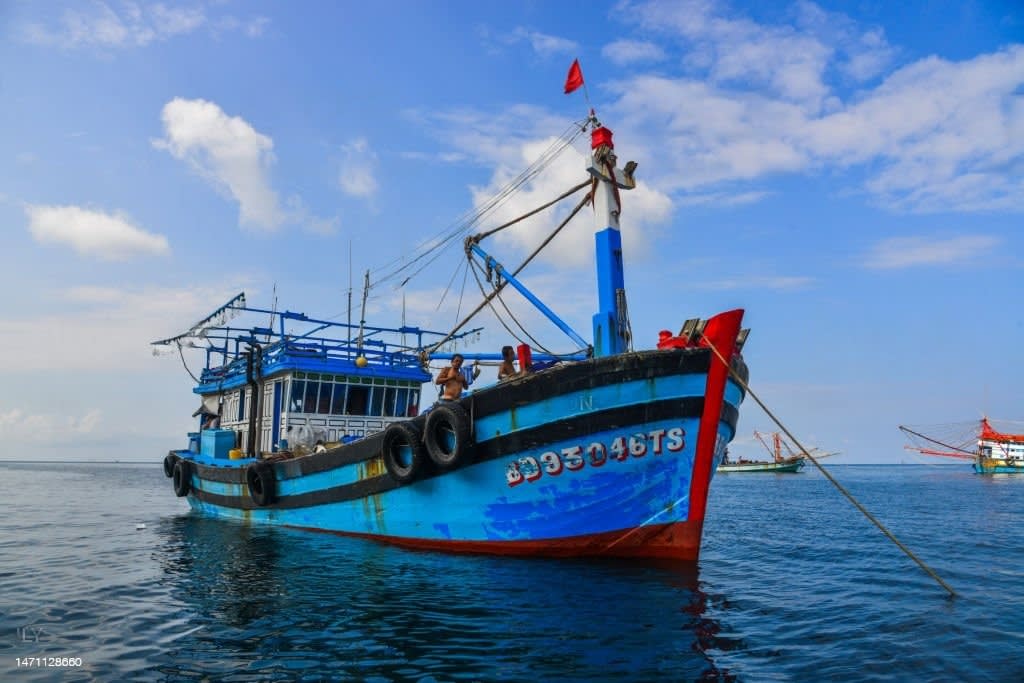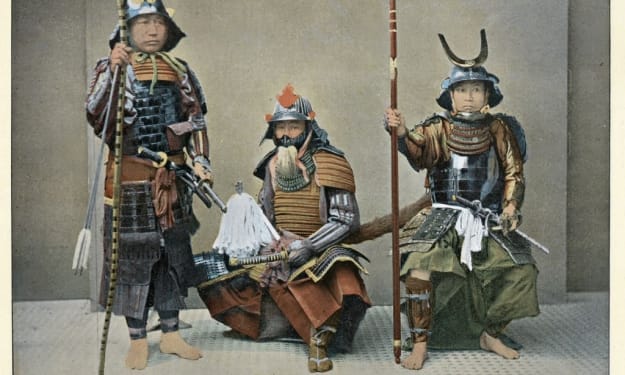Exploring Alternate History
The Islamic World's Colonization of the Americas

On a tropical bay, a band of fishermen strolls along the beach, collecting seashells and fishing in the deep blue waters. Suddenly, they spot a large island emerging from the sea, a sight never witnessed before. Gradually, the island moves closer until it occupies the center of the entire bay. However, this is not our timeline; these mysterious men are not under the Spanish or Portuguese flag. They speak Arabic and their ship resembles the caravels of our world but is entirely made in Muslim Spain, known as Andalucía.
In this alternate timeline, the Reconquista failed, and the Muslims retained control of the Iberian Peninsula. Due to geographical factors, the first Old World people to reach the Americas were Arabic-speaking Muslims. This historical twist leads to the Islamic world becoming the first to colonize the Americas, presenting new prospects of wealth for the Ottoman Empire.
Throughout history, the question has been asked: why couldn't the Ottomans, who were once larger than the Spanish or Portuguese empires, colonize the Americas? The answer is rather simple. Others beat them to it. By the time the Ottomans developed a formidable navy, the Christian kingdoms had already claimed significant portions of the New World. Moreover, being on the other side of the Mediterranean, the Ottomans were trapped and unable to venture into the Atlantic. However, they did have convenient access to the spice trade.
In this alternate timeline, where the rise of the Iberian nations does not occur, the Reconquista fails. Coincidentally, this provides the only possible opportunity for the Ottomans to have a chance at colonizing the Americas. With Europe fundamentally altered, the situation becomes at least plausible for the Islamic world and its various states to embark on colonialism, something they never did in our own history.
Now, let's dive into the speculative realm and explore how the discovery of the Americas might have unfolded. By the time any ship would have reached the New World, the Old World would have undergone significant changes over the centuries. Without the Christian kingdoms in Iberia, the dynamics of Western Europe would have shifted. Entire houses and dynasties, born from marriages with reconquered kingdoms, would not exist. Feudal politics would have reshaped borders, making them unrecognizable.
In this alternate timeline, Muslim sailors have been transporting slaves and goods along the African coast, evolving alongside Portuguese designs. In the absence of the urgent need for Andalusia to seek an alternative spice trade route, the discovery of America would have been accidental, akin to the Vikings in Finland. Had Columbus never sailed to the Americas, they would most likely have been discovered along the eastern coast of Brazil, taking advantage of natural ocean currents. The exact timing of this accidental encounter is uncertain, perhaps around 1692 instead of the familiar 1492.
When envisioning the interaction between these two worlds, we must acknowledge the scarcity of evidence and rely on speculation. How would the Muslim merchants react? Would they perceive themselves to have landed in an entirely new world or off the coast of Asia? Would violence or trade ensue? The lack of concrete evidence opens the door for broad cultural ideas spanning centuries to fuel our imagination. Just as it is challenging to predict the actions of the Spanish based on German examples, so too is it with this hypothetical scenario.
Another intriguing question emerges: would the Muslim states actually colonize the Americas? The only examples we have of far-reaching continental colonies stem from the Age of Discovery, which no longer exists in this alternate timeline. It is reasonable to assume that, at least initially, the answer would be no. The image we often associate with colonization, such as depicted in the famous painting of Christopher Columbus, would not be applicable here. Instead, Cordoba's main goal would be to exploit this new land gradually, focusing on trade and conversion, leading to the establishment of trading outposts. The colonization of the New World in this timeline would be a far more protracted process than in our own history.
Without the urgency driven by the gold, glory, and god mentality of the Spanish, the tribes and societies of the Americas would not face an immediate rush for land and the exploitation of their populations for labor. While they would still suffer from old-world diseases, their populations would remain somewhat intact, allowing them time to recover. However, the ultimate outcome of colonization in this alternate timeline depends on who lands where first, leaving room for imaginative exploration.
As you can see, this is a general overview, and the specifics of colonization and exploration are left to your imagination. How would Cordoba respond? Would they dispatch more ships to investigate? How quickly would news spread? These are aspects that can be creatively explored within the context of this fictional scenario.





Comments
There are no comments for this story
Be the first to respond and start the conversation.